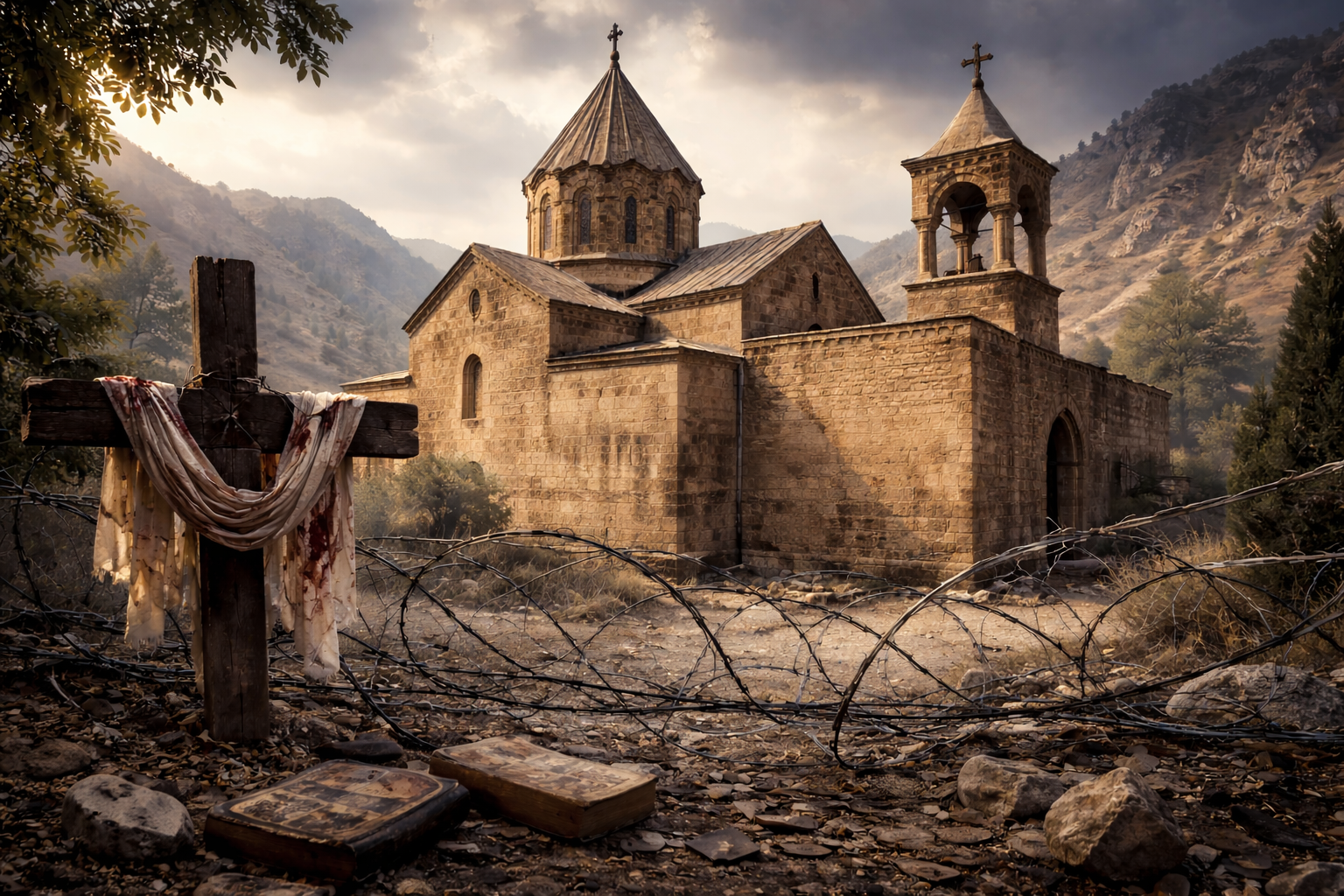“Blessed are the peacemakers, for they will be called children of God.” —Matthew 5:9
Living the Beatitudes can be compared to a ship’s traversing the Panama Canal. You cannot simply sail straight from the Pacific to the Atlantic Ocean, because the sea level of the Atlantic is, depending on the tides, about 40 feet lower than the Pacific. Engineers constructed three sets of water-filled chambers, called locks, along the 50-mile stretch of the canal for the purpose of raising or lowering ships as they traveled from one ocean to another. You must take the locks in sequence.
It’s the same with the Beatitudes—the journey to Christlikeness. This beatitude on peacemaking is the seventh in the sequence of eight spiritual “locks.” You do not develop this attribute without first seeking to incorporate the lifestyle qualities reflected in these self-affirmations:
- I need help (the poor in spirit).
- I am sensitive (those who mourn).
- I’m strong, but easy to live with (the meek).
- I want to keep on growing (those who hunger and thirst after righteousness).
- I care (the merciful).
- My conscience is clear (the pure in heart).
You’ll have little success at peacemaking if the qualities described in the first six beatitudes are absent for they develop the peacemaker’s disposition: the right balance between toughness and tender conviction and compromise.
New Testament Example
Nowhere is there a better example of peacemaking than that found in Acts 6:1–7.
Someone has said that before the church had learned to do the work of missions, it had already learned to fight. The Jerusalem church, within the shadow of the Day of Pentecost and in the midst of explosive growth, became troubled with conflict.
Greek-speaking Jews felt their widows were being discriminated against. It’s not hard to guess what they were murmuring: “We’re treated like second-class citizens.” “The leadership doesn’t care about us or they would do something.” “So, this is how Christians behave—they’re just as prejudiced as unbelievers.”
The complaining led to a potentially explosive situation. However, the apostles completely diffused it by peacemaking and turned the whole episode into a great gain for the church. In so doing, they show us how a maturing believer—in whom the “be”–attitudes of Christ are forming—handles conflict, making friends out of potential enemies.
Honesty
If you have a conflict, admit it. The apostles didn’t try to paper over the dispute or hush it up. They frankly said to the assembled church, “We’ve got a problem.” You cannot make headway in resolving conflict if you and those in the conflict refuse to be honest. You cannot pretend everything is right when it’s not. Neither are you expected to always stuff your anger or grievance into a locked deposit box in your heart where it can grow into rage or depression.
Granted, there are occasions when the Holy Spirit would have you suffer in silence, trusting Him with the resolution. But the normal process for resolving a hurtful act or neglect from another person is to bring it out in the open. Deal with it.
“In your anger do not sin: Do not let the sun go down while you are still angry, and do not give the devil a foothold” (Eph. 4:26-27).
Wisdom
When dealing with conflict, don’t let conflict get inside you. Peter resisted the temptation to lash out. What would have happened if he had said, “Looks to me like some of you widows could do without some food. You’re all overweight anyway. You should be home praying rather than complaining. We apostles are working our fingers to the bone, spending ourselves for Christ, being used of God, every spare moment taken—and all you have to do is sit around and complain. You should be ashamed of yourselves. If you don’t like the way we’re running this church, you can leave by the same door that you came in.”
Of course, Peter doesn’t say these things—because he had developed the mind of Christ. He wanted to win people, not alienate them. He avoids the two most destructive traps in human conflict: blaming others and indulging in self-pity.
Positive Outcome
The conflict becomes a creative opportunity—Peter proposes a whole new class of workers in the church so the needs of the neglected widows can be met. Peacemakers look for ways to bring people together, to resolve differences, to unite divided hearts. Out of conflict came deacons and from deacons came Stephen. Through Stephen came the conversion of the apostle Paul, and from Paul came the missionary journeys and letters. The gospel always takes a mighty step forward when we handle conflict in a Christlike manner.
That’s why peacemakers are called the children of God—they simply act like Jesus.
George O. Wood is the superintendent of the Assemblies of God.












































